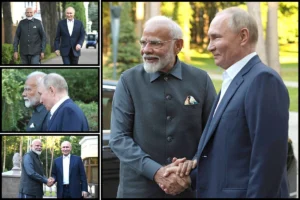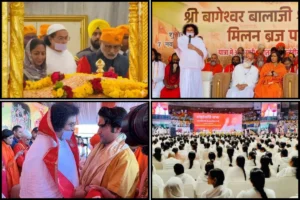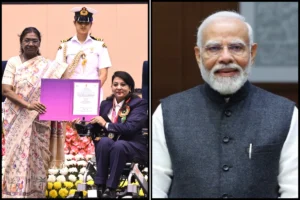
Industry leaders have highlighted that Indian professionals’ adaptability to diverse work cultures has emerged as a decisive factor behind India’s dominance in global capability centres (GCCs).
For years, India’s GCC growth was attributed to its skilled workforce, English proficiency, and cost efficiency. Now, experts say cultural assimilation is setting India apart.
India’s Global Capability Centres Growth
“India’s GCC talent has demonstrated remarkable adaptability to global cultures, going beyond surface-level changes to deeply align with their parent organisations,” said Mohit Mathur, chief business officer for GCCs at Quess Corp.
A survey cited by Mathur revealed that 84% of GCCs consider cultural integration a bigger challenge than regulatory compliance, which is why many organisations now prioritise cross-cultural training and overseas assignments.
Indian professionals tailor their approach depending on the region. With American partners, teams focus on direct and outcome-driven communication.
In German collaborations, precision and discipline dominate. Japanese organisations demand consensus and etiquette, prompting Indian professionals to adopt structured meetings and punctuality.
“Far from incidental, this cultural flexibility is a key reason India remains the world’s most preferred GCC hub,” Mathur noted.
German Precision at Mercedes-Benz
Mercedes-Benz Research and Development India (MBRDI) showcases this adaptability through cultural training. Rooted in German values of engineering precision and punctuality, the company runs structured programmes to align employees with these practices.
“We actively encourage our employees to develop a nuanced understanding of German culture, language, and business practices,” said Mahesh Medhekar, VP of human relations at MBRDI.
Nearly 400 employees enrol annually in its German language programme.
California-based Pure Storage replicates its innovation-driven culture in Bengaluru.
“From the outset, we focused on building a work culture in India that mirrors the spirit of our headquarters in Silicon Valley—ownership, innovation, and clarity of thought,” said Ajeya Motaganahalli, VP of engineering and MD at Pure Storage India R&D.
French defence and technology company Thales promotes cultural immersion through mobility programmes. Indian engineers spend time in France to learn workplace and communication styles.
“Such experiences not only help our employees adapt to different environments but also strengthen their ability to contribute innovative ideas across the Group,” explained Sekhar Sahay, HR director for India at Thales.
Swiss healthcare giant Novartis takes a different approach, promoting a common identity rather than mirroring headquarters culture.
“We don’t ‘mirror’ headquarters culture—we operate as one global team anchored in shared purpose and values,” said Ganpat Anchaliya, head of the Novartis corporate centre in India.
Target Brings US Retail Experience to India
At Target’s Bengaluru centre, cultural immersion extends to customer behaviour. The company has built a Guest Experience Centre, using virtual reality to replicate the US shopping environment.
“Staying closely connected to the US retail landscape and the consumer mindset is critical,” said Andrea Zimmerman, SVP and president for Target in India. This setup allows Indian teams to design solutions that reflect American shopping habits.
Industry leaders stressed that cultural exchange flows both ways. Mercedes-Benz trains German staff in Indian practices, while Novartis and Thales encourage collaborative approaches.
Executives believe this mutual adaptation creates stronger global organisations. As cultures interact, both sides adjust—building workplace models broader than any single country’s practices.
Also Read: US Exempts Indian Pharmaceuticals From Tariff Hike Amid Dependence On Generics
To read more such news, download Bharat Express news apps





















